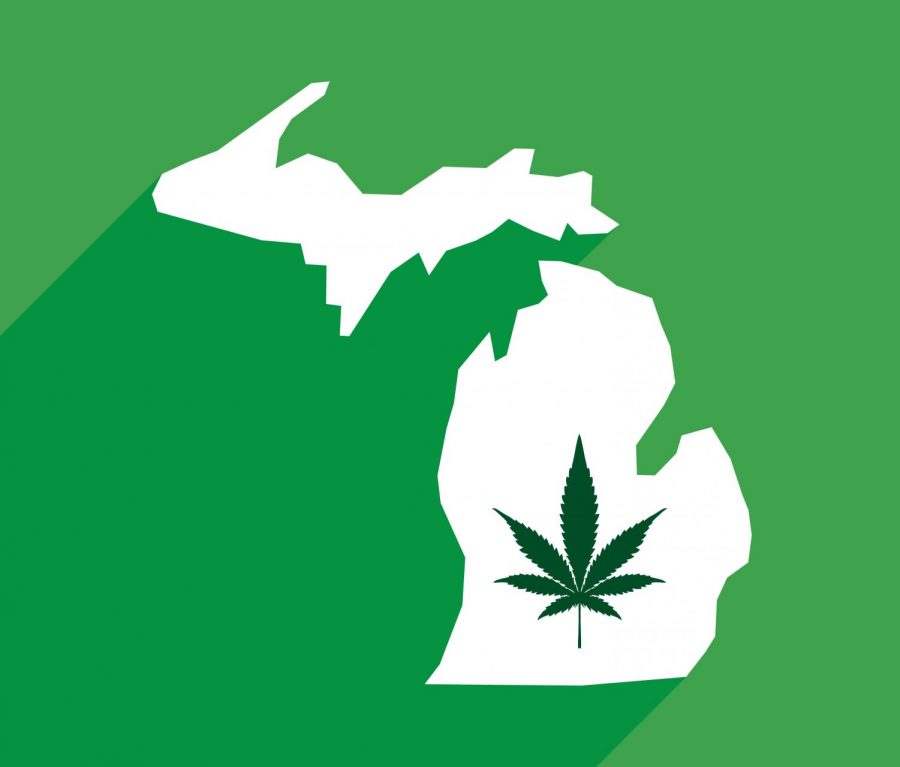Medical cannabis facilities in Detroit sue over recreational licenses
Marijuana Regulatory Commissioner (MRA) Andrew Brisbo has had lawsuits filed against him by three Detroit-based cannabis facilities. Why? A dispute has arisen regarding local ordinances that outlawed recreational cannabis sales until January 31, 2020.
Brisbo, who is an East Lansing resident, has been accused of failing to provide clarity on the regulations that link the city of Detroit’s ordinances with Michigan statutes.
Recommendations released by the MRA in summer 2019 advised communities that didn’t want to participate in Detroit’s recreational cannabis industry to opt-out no later than November 1, 2019. It was on this date that the application process for recreational cannabis license applications launched specifically for existing – and active – medical cannabis dispensaries.
“Since we plan to start taking business applications November 1, stakeholders will have four months to evaluate these rules and make their decisions,” Brisbo is quoted as saying.
Three Detroit companies refused licenses to conduct recreational cannabis sales
On November 5, the Detroit City Council voted to officially opt-out of permitting recreational cannabis sales until January 31, 2020. The rule was effectuated on November 12. However, three Detroit companies managed to get their applications submitted before the rule kicked into effect.
Those companies were Brightmoore Gardens, Plan B Wellness Center and Utopia Gardens. Applications were filed with the MRA by these companies in the hopes of launching state-licensed recreational cannabis dispensaries. Unfortunately for the Detroit cannabis companies, no applications have been processed due to the opt-out rule; municipalities were given the option to opt-in, opt-out or do nothing in regards to the statute.
Protesting against the issue on behalf of the plaintiffs was Howell-based attorney Denise Pollicella. According to Pollicella, Detroit decided to do nothing. What this means – based on The Michigan Regulation and Taxation of Marijuana Act (MRTMA) – licenses should have been awarded to the companies that submitted their applications between November 1 and 12, since they met certain statutory requirements.
“Under 9.3 of the statute, if the facility files a complete application, files the fee, meets the requirements of the act, and the municipality doesn’t have an ordinance in place, the state must – not can, not may – must issue the license,” Pollicella explained.
Despite this, the state has refused to award licenses to the companies that applied before November 12.
Application process for recreational cannabis licenses in Michigan violates MRTMA statutes
Representing the Detroit cannabis businesses that didn’t receive licenses, Pollicella explained how the lawsuit alleges that the defendants – state lawmakers – started canceling arranged inspections of the facilities to be used for recreational cannabis businesses. This is a violation of MRTMA statutes.
“The State is statutorily obliged to not only process but approve MRTMA facility license applications in a municipality that has not opted-out of MRTMA at the time of application,” reads an excerpt from the lawsuit. Rather than following statutes, the state is engaging in a game of politics, Pollicella claims.
Ann Arbor dispensaries capitalize on legalization while Detroit cannabis businesses wait
Applications were filed by pot businesses in Detroit at around the same time as dispensaries in the city of Ann Arbor filed applications for licenses. According to Pollicella, five adult-use licenses were distributed among different facilities in Ann Arbor during the initial two-week period of applications opening.
Failure to distribute licenses among Detroit’s early applicants means that the city has missed out on some serious revenue. On December 1, while Detroit’s cannabis business owners had their patience tested, an impressive $221,000 in adult-use sales was earned by Ann Arbor’s cannabis dispensaries.
A mandamus action has been filed in the Court of Claims by Policella, urging for the MRA and LARA to meticulously analyze all MRTMA applications. This would ensure that cannabis businesses comply with statutory requirements.
“We’re hoping to get objective statutory treatment from the state,” Pollicella concluded.








